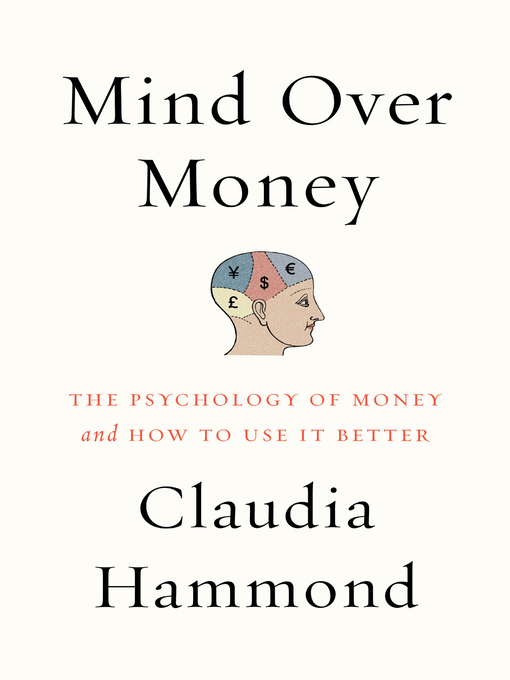The acclaimed author of Time Warped tackles the very latest research in the fields of neuroscience, psychology, and biology to provide a fresh, fascinating, and thought-provoking look at our relationship with money—perfect for fans of Dan Ariely and Freakonomics.
We know we need money and we often want more of it, but we don't always think about the way it affects our minds and our emotions, skews our perceptions and even changes the way we behave.
Award-winning BBC Radio 4 host Claudia Hammond delves into the surprising psychology of money to show us that our relationship with the stuff is more complex than we might think. Drawing on the latest research in psychology, neuroscience and behavioural economics, she draws an anatomy of the power it holds over us. She also reveals some simple and effective tricks that will help you use and save money better—from how being grumpy can stop you getting ripped off to why you should opt for the more expensive pain relief and why you should never offer to pay your friends for favours.
An eye-opening and entertaining investigation into the power money holds over us, Mind over Money will change the way you view the cash in your wallet and the figures in your bank account forever.
Mind over Money is an invaluable resource for anyone fascinated by the dynamics of money and for those wishing to learn how to maximize its power and greatest benefit.



